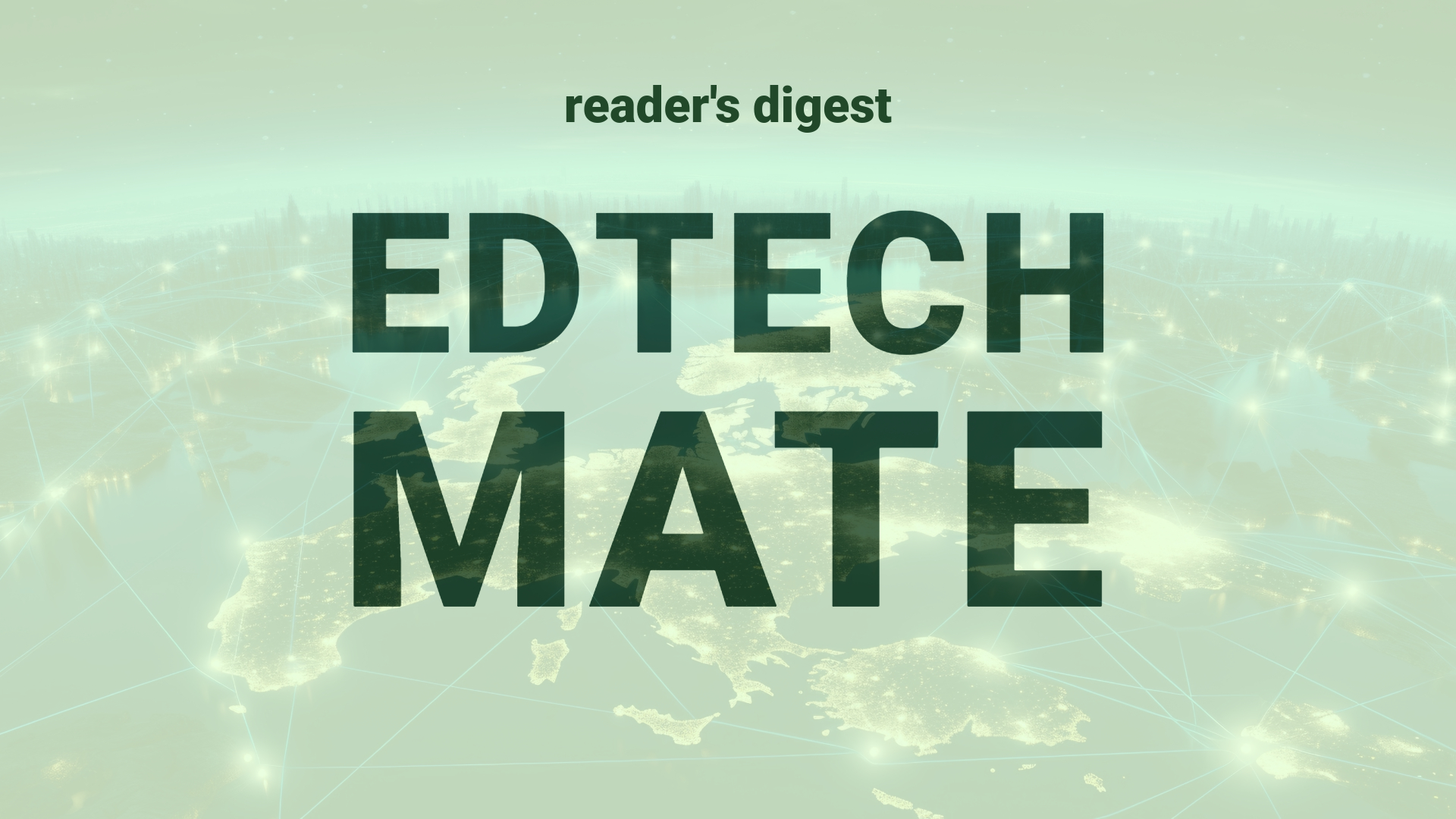Executive Summary and Main Points
Kenneth Verlage, CIO and CDO of Munters, is pioneering a shift in IT culture by promoting a franchise model to evenly distribute IT development across the business, thereby leveraging shadow IT under a sustainable technical framework. Central to this digital transformation is the embrace of digitalization both toward customer-facing services and internal production processes. The inception of this journey began four years ago, and significant advancements have included democratization of IT, agile development, the use of low code and no code platforms, and microservices. Furthermore, Munters is creating digital twins for each machine it manufactures, securing data ownership and emphasizing stringent cybersecurity measures. Verlage outlines an approach focused on agile integration, pretotyping, and radical simplicity for quick delivery and iterative improvement alongside customers.
Potential Impact in the Education Sector
The strategic initiatives by Munters have several implications for Further Education, Higher Education, and Micro-credentials. The concept of IT democratization could inspire educational institutions to allow faculty and students to independently develop digital solutions, fostering innovation and technical skill acquisition. Munters’ franchise model could be applied in academic settings, encouraging collaboration and sharing of digital resources. The digital twin concept could revolutionize lab and technical equipment management in universities, while microservices and agile methodologies might speed up the development and deployment of educational platforms, aiding in the digitalization of curriculum and administration. Collaborations between educational sectors and industry for shared digital development would undoubtedly enhance the quality and relevance of educational offerings, aligning them better with contemporary digital competencies.
Potential Applicability in the Education Sector
Innovations in AI and digital tools as demonstrated by Munters can be leveraged in global education systems. AI can be utilized to create adaptive learning platforms that personalize student experiences. The development of digital twins could be applied to virtual laboratories and simulations, enhancing remote learning possibilities. The integration of low code/no code solutions could empower students and educators to create educational applications without in-depth programming knowledge, democratizing the creation of digital learning materials. The focus on radical simplicity and pretotyping could lead to the faster realization of educational technologies with immediate real-world applications, reducing the time from concept to classroom implementation.
Criticism and Potential Shortfalls
A critical look at Munters’ tech-forward approach reveals potential challenges when considering international education systems. Bridging cultural and ethical divides in digital resource sharing, data ownership, and AI implementation could be complex. Reservations about the digital divide, data privacy, and equity in access to technology should be considered. Comparative case studies, for instance, the contrasting rate of digital transformation in educational institutions in different parts of the world, may shed light on the contextual adaptability of Munters’ methodologies. Ethical concerns around data handling and cybersecurity also warrant scrutinous examination, especially when dealing with student data in educational settings.
Actionable Recommendations
International education leadership should consider embracing a franchise model for their IT departments to foster innovation and self-sufficiency within their institutions. Supporting the adoption of low code/no code platforms may engage more stakeholders in the digital transformation process. Establishing partnerships with industry experts in digital twin technology could enrich scientific and technical education. Furthermore, implementing agile and pretotyping methodologies could accelerate the development and testing of educational technologies. Lastly, a firm commitment to radical simplicity should guide the creation of user-friendly, accessible digital tools to ensure inclusivity and enhance the global learning experience.
Source article: https://www.cio.com/article/1302096/democratizing-it-at-munters.html

